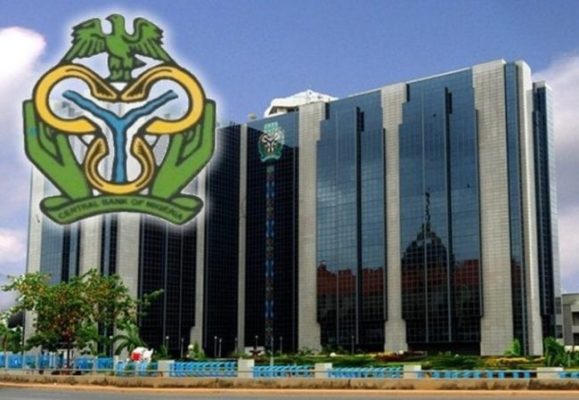The Central Bank of Nigeria (CBN) has issued a sweeping directive to payment service providers and financial institutions to geo-tag every Point of Sale (PoS) terminal across the country within 60 days—or risk having them deactivated.
The move, announced on Monday, targets more than 4.2 million PoS machines operated by banks, fintechs, and licensed super-agents such as Moniepoint, OPay, and PalmPay.
Why the crackdown?
The apex bank explained that the measure is designed to combat fraudulent practices, cloned devices, and “ghost” terminals that have plagued Nigeria’s payment system. By enforcing geo-tagging, the CBN hopes to ensure that each PoS terminal operates strictly within its registered merchant location, boosting transparency and security.
What operators must do
Under the directive, all payment companies must:
Install GPS-enabled modules in their PoS devices.
Link the terminals to the National Central Switch using a secure software development kit (SDK).
Provide real-time location data for every transaction.
Any terminal found operating outside its assigned location will be immediately disabled.
The bigger picture
Nigeria’s PoS industry has exploded in recent years, becoming the backbone of financial inclusion and cashless transactions nationwide. However, with growth has come rising concerns over fraud, network manipulation, and unauthorized operators.
By enforcing geo-tagging, the CBN is betting on technology to restore order and protect both consumers and merchants in an increasingly digital economy.
Payment providers now have until October 24, 2025 to comply—or risk seeing their terminals permanently switched off.


